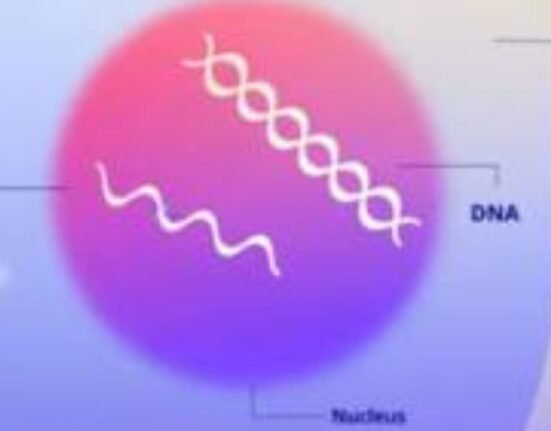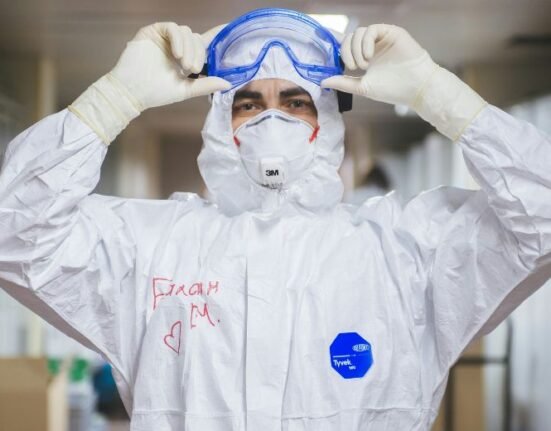October 19, 2022: Researchers at Oregon State University have developed a proof of principle for a “universal” method of treating Covid-19.
According to the researchers, experiments in mice made it possible to prompt the production of a protein that can block multiple variants of the SARS-CoV-2 virus from entering cells and causing respiratory disease.
Gaurav Sahay and collaborators at OSU and the Texas Biomedical Research Institute said the treatment might take a “couple of years” to be available for humans.
‘Universal therapy’
“Rather than messenger RNA as a vaccine, this shows that mRNA can be used as a universal therapy against different coronaviruses,” Sahay wrote in a posting on the university’s website.
.“Despite mass vaccination, there is an urgent need to develop effective treatment options to end this pandemic.
“Several therapies have shown some effectiveness, but the virus’ high mutation rate complicates the development of drugs that treat all variants of concern.”
Now the researchers will have to prove that the protein prevents infection in mice.
More than six million people have died due to the Covid-19 pandemic, which started in late 2019.
Spike proteins
The virus’ outer part has spike proteins that bind to an enzyme cell produced in the lungs.
Using messenger RNA packaged in lipid nanoparticles, the scientists showed in the mouse model that host cells can produce a “decoy” enzyme that binds to coronavirus spike proteins.
It means the virus shouldn’t be able to latch onto cells in the host’s airway and start the infection process.
During the experiment, messenger RNA was administered intravenously and through inhalation, which would be the preferred delivery method for humans, and was published in Advanced Science.
Workhorses of cells
“Proteins are large, complex molecules that serve as the workhorses of cells, enabling all of the biological functions within a cell,” said Sahay, an associate professor at the OSU College of Pharmacy.
“DNA holds the blueprints from which proteins get made after the code is first transcribed into messenger RNA.”
An enzyme is a protein that acts as a catalyst for biochemical reactions. HACE2 – short for human angiotensin-converting enzyme 2 – is an enzyme of the airway cells.
It is also present in the heart, kidney and intestine and has a hand in numerous physiological functions.
Limited effectiveness
Administering a Covid-19 patient hACE2 would have limited effectiveness in treating the disease, Sahay said.
The soluble form of the enzyme, which can circulate throughout the body, has a short half-life – less than two hours, meaning it wouldn’t stay in a person’s system very long.
But lipid nanoparticles, LNP, containing mRNA that orders enzyme production, can help overcome that problem.
Engineered synthetic mRNA
In this study, the researchers engineered synthetic mRNA to encode a soluble form of the enzyme, packaged the mRNA into lipid nanoparticles and delivered it to cells in the liver intravenously.
“Within two hours, the enzyme was in the mice’s bloodstream, and it stayed there for days,” according to the statement.
The scientists also delivered the loaded LNP through inhalation, prompting epithelial cells in the lungs to secrete soluble hACE2.
“The soluble enzyme effectively inhibited live SARS-CoV-2 from infecting host cells,” said OSU postdoctoral researcher Jeonghwan Kim.
“The synthesis of mRNA is fast, affordable and scalable, and LNP-delivered mRNA can be repeated as necessary to sustain protein production until the infection subsides. Once treatment stops, the no-longer-needed soluble hACE2 clears the system in a matter of days.”








